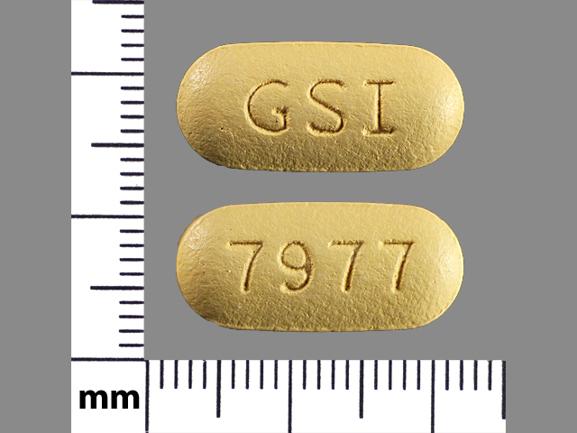Sovaldi Disease Interactions
There are 3 disease interactions with Sovaldi (sofosbuvir).
Direct acting antivirals (applies to Sovaldi) immunosuppression
Major Potential Hazard, Moderate plausibility. Applicable conditions: Immunodeficiency, Infectious Hepatitis
HBV reactivation has been reported during or after completion of HCV direct-acting antiviral therapy in HCV/HBV-coinfected patients who were not receiving HBV antiviral therapy; some cases resulted in fulminant hepatitis, hepatic failure, and death. Cases have been reported in hepatitis B surface antigen (HBsAg)-positive patients and patients with serologic evidence of resolved HBV infection (i.e., HBsAg negative and hepatitis B core antibody [anti-HBc] positive). HBV reactivation has also been reported in patients using certain immunosuppressant or chemotherapeutic agents; risk of HBV reactivation associated with HCV direct-acting antiviral therapy may be increased in these patients. All patients should be tested for evidence of current or prior HBV infection by measuring HBsAg and anti-HBc before starting HCV direct-acting antiviral therapy. Patients with serologic evidence of current or prior HBV infection should be monitored for clinical and laboratory signs of hepatitis flare or HBV reactivation during HCV therapy and posttherapy follow-up; appropriate patient management for HBV infection should be started as clinically indicated.
References (7)
- (2013) "Product Information. Sovaldi (sofosbuvir)." Gilead Sciences
- (2014) "Product Information. Harvoni (ledipasvir-sofosbuvir)." Gilead Sciences
- (2022) "Product Information. Viekira Pak (dasabuvir/ombitasvir/paritaprev/ritonav)." AbbVie US LLC
- (2016) "Product Information. Zepatier (elbasvir-grazoprevir)." Merck & Co., Inc
- (2016) "Product Information. Epclusa (sofosbuvir-velpatasvir)." Gilead Sciences
- (2017) "Product Information. Vosevi (sofosbuvir/velpatasvir/voxilaprevir)." Gilead Sciences
- (2017) "Product Information. Mavyret (glecaprevir-pibrentasvir)." Abbott Pharmaceutical
Sofosbuvir (applies to Sovaldi) hepatic impairment
Moderate Potential Hazard, Moderate plausibility. Applicable conditions: Liver Disease, Cirrhosis
Sofosbuvir is extensively metabolized in the liver. The safety and efficacy of sofosbuvir as a single agent have not been established in patients with decompensated cirrhosis. No dosage adjustment is required for patients with mild, moderate or severe hepatic impairment (Child-Pugh Class A, B or C).
References (1)
- (2013) "Product Information. Sovaldi (sofosbuvir)." Gilead Sciences
Sofosbuvir (applies to Sovaldi) renal impairment
Moderate Potential Hazard, Moderate plausibility. Applicable conditions: Renal Dysfunction
The safety and efficacy of sofosbuvir as a single agent have not been established in patients with severe renal impairment (eGFR less than 30 mL/min/1.73m2) or ESRD requiring hemodialysis. No dosage recommendation can be given for patients with severe renal impairment or ESRD. No dosage adjustment is necessary for patients with mild or moderate renal impairment.
References (1)
- (2013) "Product Information. Sovaldi (sofosbuvir)." Gilead Sciences
Switch to consumer interaction data
Sovaldi drug interactions
There are 85 drug interactions with Sovaldi (sofosbuvir).
More about Sovaldi (sofosbuvir)
- Sovaldi consumer information
- Check interactions
- Compare alternatives
- Pricing & coupons
- Reviews (47)
- Drug images
- Side effects
- Dosage information
- Patient tips
- During pregnancy
- FDA approval history
- Drug class: miscellaneous antivirals
- Breastfeeding
- En español
Related treatment guides
Drug Interaction Classification
| Highly clinically significant. Avoid combinations; the risk of the interaction outweighs the benefit. | |
| Moderately clinically significant. Usually avoid combinations; use it only under special circumstances. | |
| Minimally clinically significant. Minimize risk; assess risk and consider an alternative drug, take steps to circumvent the interaction risk and/or institute a monitoring plan. | |
| No interaction information available. |
See also:
Further information
Always consult your healthcare provider to ensure the information displayed on this page applies to your personal circumstances.


